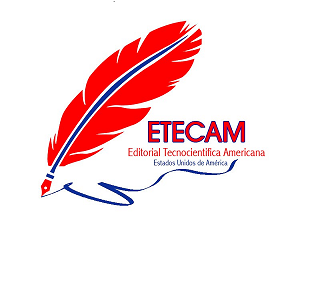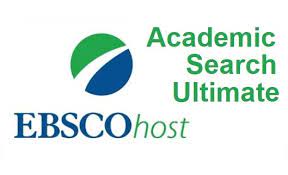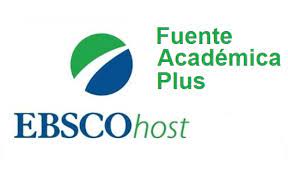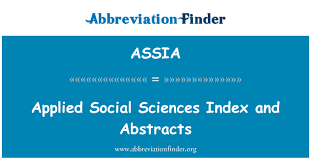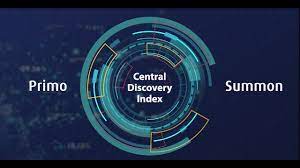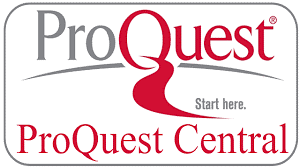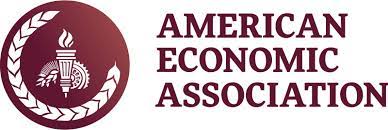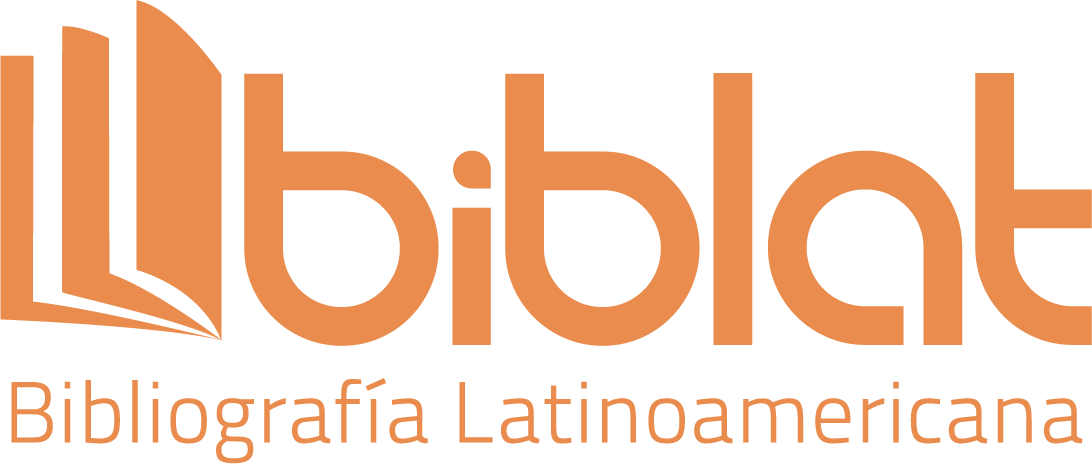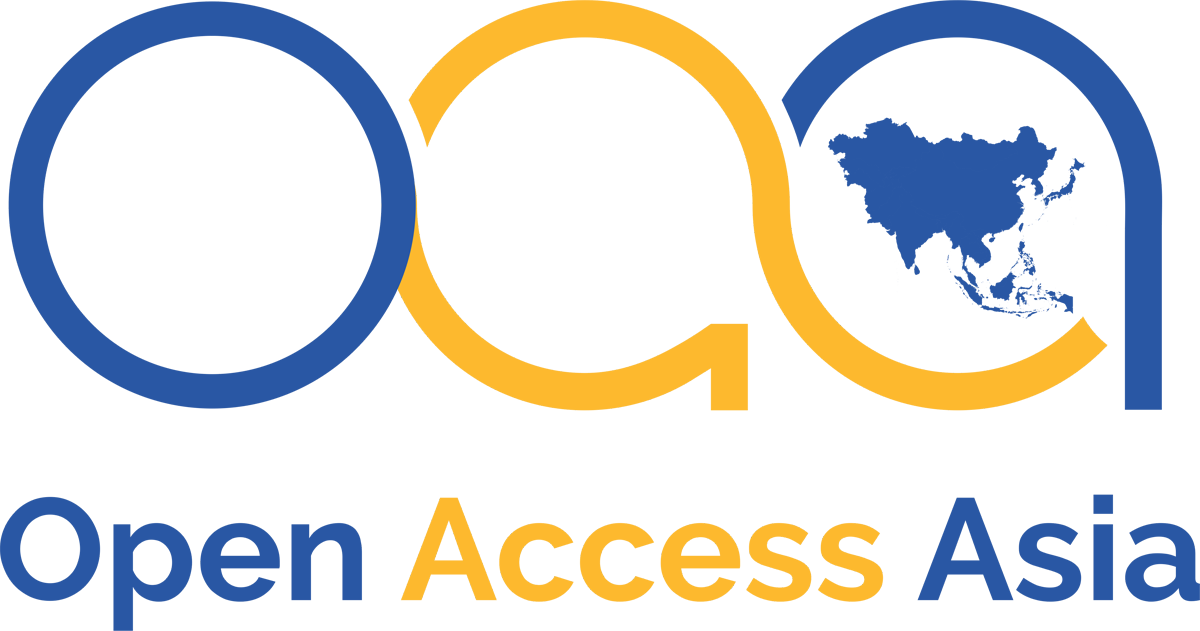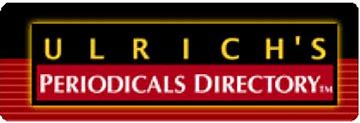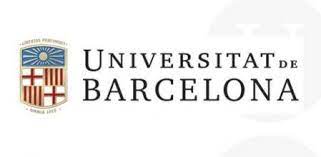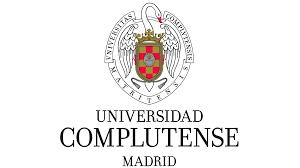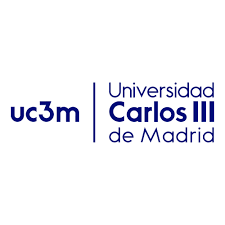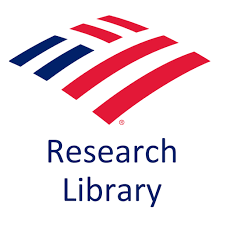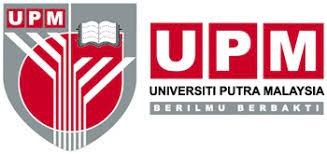Educational assessment: A tool to improve the academic performance of fourth-year high school students
DOI:
https://doi.org/10.51736/sa.v7i3.329Keywords:
educational evaluation, academic performance, motivation, playful activities, natural sciences.Abstract
Educational assessment in elementary education can be an effective tool for transforming traditional pedagogical practices by promoting more meaningful learning adapted to the individual needs of students in a dynamic and constantly evolving educational context. This study investigates the impact of educational assessment on the academic performance and motivation of students in the fourth year of Elementary General Basic Education in a rural Ecuadorian educational unit. Deficiencies were identified in traditional evaluative practices, which focused on memorization and did not encourage critical thinking and creativity. A formative evaluation strategy was designed and implemented based on playful and participatory activities, such as role-playing, contests, and field expeditions, focused on self-evaluation and feedback. The sample included 20 students, 7 teachers, and a director of the Intercultural Bilingual Educational Unit "Hercilio Pianchiche Orejuela". Pretest and posttest results were compared using nonparametric tests, which provided statistical evidence of significant improvements in students' motivation and academic performance, with a notable increase in the "Consistent" and "Advanced" levels. The expert evaluation validated the feasibility, relevance and flexibility of the strategy, with a concordance coefficient of 0.9, although improvements in gamification and the use of local materials were suggested. The study concluded that the implementation of innovative and participatory educational assessments can significantly improve students' motivation and academic performance.
Downloads
References
Barba-Martín, R. A. (2020). Desarrollo de un enfoque pedagógico crítico en la formación inicial del profesorado para romper con la evaluación tradicional en Educación Infantil. Publicaciones, 50(1), 207–227. https://doi.org/10.30827/publicaciones.v50i1.15975
Brown, G. T. L. (2022). The past, present and future of educational assessment: A transdisciplinary perspective. Frontiers in Education, 7. https://doi.org/10.3389/feduc.2022.1060633
Demir, M. (2021). Alternative Assessment Methods in Primary Education: Review and Future Directions. En Kiray & Tomevska-Ilievska (Eds.) Current Studies in Educational Disciplines, 227. ISRES Publishing.
Galton, M., & Simon, B. (2023). Progress and performance in the primary classroom. Routledge.
Hannigan, C., Alonzo, D., & Oo, C. Z. (2022). Student assessment literacy: indicators and domains from the literature. Assessment in Education, 29(4), 482–504. https://doi.org/10.1080/0969594x.2022.2121911
Haretche, C., & Palamidessi, M. (2021). Validation Processes of the National Assessment of Educational Achievements—ARISTAS: The Experience of the INEED (Uruguay). In Springer eBooks (pp. 117–143). https://doi.org/10.1007/978-3-030-78390-7_6
Karaman, P. (2021). The Effect of formative assessment Practices on Student Learning: A Meta-Analysis Study. International Journal of Assessment Tools in Education, 8(4), 801–817. https://doi.org/10.21449/ijate.870300
Larrosa, M., Wives, L., & Rodés, V. (2023). Gamification Strategies as Formative Assessment Methods. A Systematic Review. In Lecture notes in educational technology (pp. 145–156). https://doi.org/10.1007/978-981-99-7353-8_12
Lopez-Lozano, L., & Ramírez, E. S. (2020). Una investigación sobre la evolución del conocimiento didáctico del profesorado sobre la evaluación en Ciencias. EnseñAnza De Las Ciencias/Enseñanza De Las Ciencias, 38(1), 87–104. https://doi.org/10.5565/rev/ensciencias.2755
Meylani, R. (2024). A comparative analysis of traditional and modern approaches to assessment and evaluation in education. Batı Anadolu EğItim Bilimleri Dergisi. https://doi.org/10.51460/baebd.1386737
Murphy, S., & Ferrara, S. (2023). The Future of Educational Assessment. Cognia. https://www.cognia.org/wp-content/uploads/2022/05/The-Future-of-Educational-Assessment-White-Paper.pdf
Ogbeide-Akugbe, M., Igiekhume, I. A., & Elamah, A. N. (2022). ROLES OF CONTINUOUS ASSESSEMENT PATICIPATION IN STUDENTS ACADEMIC PERFOMANCE. https://aaujbe.com.ng/index/index.php/aaujbe/article/view/10
Peralta, A. L. C., & Saavedra, E. M. L. (2021). Breve revisión conceptual sobre la evaluación de los resultados académicos en el sistema educativo. Revista Científica FAREM Estelí, 36–48. https://doi.org/10.5377/farem.v0i0.11606
Tirado-Olivares, S., González-Calero, J. A., Cózar-Gutiérrez, R., & Toledano, R. M. (2021). Gamificando la Evaluación: Una Alternativa a la Evaluación Tradicional en Educación Primaria. Revista Electrónica Iberoamericana Sobre Calidad, Eficacia Y Cambio En EducacióN, 19(4). https://doi.org/10.15366/reice2021.19.4.008
Yang, L., & Xin, T. (2022). Changing educational assessments in the Post‐COVID‐19 era: from assessment of learning (AOL) to assessment as learning (AAL). Educational Measurement, 41(1), 54–60. https://doi.org/10.1111/emip.12492
Published
How to Cite
Issue
Section
License
Copyright (c) 2024 Jaime Hernán Pérez Chicaiza, Jose Alberto Chicaiza Guaranda, Wilber Ortiz Aguilar

This work is licensed under a Creative Commons Attribution-NonCommercial-ShareAlike 3.0 Unported License.













